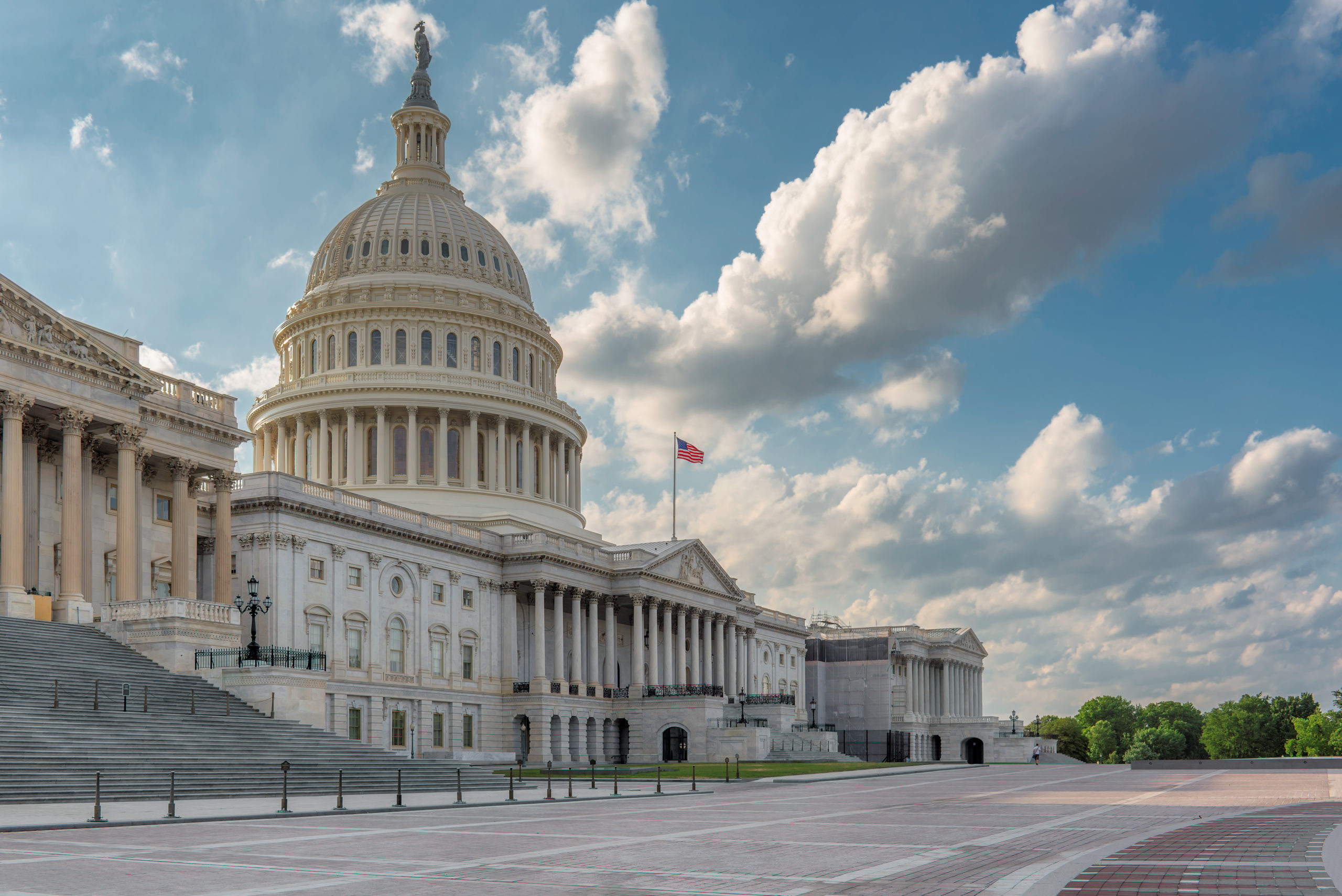Connect with us
Published
2 years agoon

As states across the country increasingly legalize the recreational use of cannabis, and we’re approaching a full decade of adult-use cannabis in the U.S., it’s abundantly clear that each region has adopted their own methods of traversing the new industry. Now, a new NORML report examines the various aspects of regulated adult-use cannabis programs in the 18 states that have legalized them.
The report, “Marijuana Policies in Legal States: A Comprehensive Review of Adult-use Marijuana Rules and Regulations,” aims to educate decision-makers at the state and federal levels on the common features of states’ adult-use cannabis legalization laws and regulations.
NORML, or the National Organization for the Reform of Marijuana Laws, said in an announcement that the report should help these policymakers to “make informed decisions on cannabis policy and better understand how existing state-licensed programs are successfully being implemented in jurisdictions throughout the country.
NORML Political Director Morgan Fox said that, even though there is a continued effort to expand the adult-use cannabis market and an “overwhelming” public support for ending cannabis prohibition, many elected officials are still relatively unfamiliar with the specific policies in states around the country, implemented over the last decade, or the lessons these regions have learned in the process.
“We are releasing this report in anticipation of a vote on the Marijuana Opportunity, Reinvestment, and Expungement (MORE) Act in the U.S. House of Representatives and ahead of the impending introduction of the Cannabis Administration and Opportunity Act in the Senate, which will put a spotlight on cannabis policy reform and jumpstart conversations at all levels of government on how to best regulate this substance to ensure justice, efficacy, and public safety,” Fox said.
NORML also references that the market’s growth looks like it’s only growing from here, citing that campaigns are already underway to put both adult-use and medical cannabis ballot initiatives before voters in several states this November. NORML says that this is an opportunity for lawmakers to “significantly improve criminal justice and facilitate restorative justice,” in addition to aims around job creation and tax revenue via cannabis regulation and oversight of a once unregulated, underground market.
The NORML report concludes that states have “fulfilled their roles as laboratories of democracy” and that the experiment of legalizing adult-use cannabis in the U.S. is proving to be a “resounding success.”
“The number of states enacting legalization as an alternative to marijuana prohibition is growing, and public support for these policies is at an all-time high, including in early-adopter states,” the report says. “The success and popularity of these policies are due in no small part to the fact that legalization has been carefully crafted by lawmakers and regulators in a manner that addresses common health and safety concerns and that seeks to provide common sense market controls.
In the wake of a consistent push-and-pull for changes in federal law surrounding the prohibition of cannabis, NORML’s report also states that Congress needs to respect these state policy decisions and remove existing barriers that solely serve to disrupt these efforts. The organization also poses a forward-facing challenge for powers at the federal level.
“To this end, Congress must remove marijuana from the Controlled Substances Act, take actions to expunge previous offenses, and create programs that seek to address and repair the damage done to communities as a result of the failed policy of cannabis criminalization,” the report says. “The Administration needs to release individuals incarcerated for nonviolent marijuana offenses and have its relevant agencies work with adult-use state governments and stakeholders to ensure a smooth transition for the eventuality that the federal regulation of marijuana will likely soon become reality.”


Study Reveals State Cannabis Legalization Lowers Immigrant Deportation


DEA Challenges Bid To Use Psilocybin Under ‘Right To Try’ Legislation


Vegans Rejoice as Farmers Switch from Chickens to Hemp


Louisiana Legislative Committee Unanimously Passes Adult-Use Cannabis Framework Bill


Louisiana House Bill to Regulate Hemp Products Advances Along With Senate Bill to Ban


Cresco Labs Workers Reportedly De-Unionize
